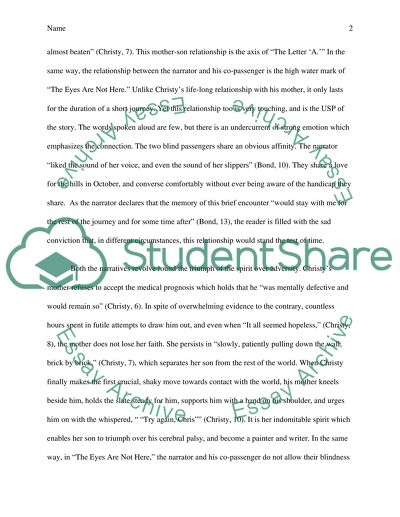Cite this document
(“The Letter A and The Eyes Are Not Her: Relationships and Handicaps Essay”, n.d.)
The Letter A and The Eyes Are Not Her: Relationships and Handicaps Essay. Retrieved from https://studentshare.org/literature/1458138-compare-essay
The Letter A and The Eyes Are Not Her: Relationships and Handicaps Essay. Retrieved from https://studentshare.org/literature/1458138-compare-essay
(The Letter A and The Eyes Are Not Her: Relationships and Handicaps Essay)
The Letter A and The Eyes Are Not Her: Relationships and Handicaps Essay. https://studentshare.org/literature/1458138-compare-essay.
The Letter A and The Eyes Are Not Her: Relationships and Handicaps Essay. https://studentshare.org/literature/1458138-compare-essay.
“The Letter A and The Eyes Are Not Her: Relationships and Handicaps Essay”, n.d. https://studentshare.org/literature/1458138-compare-essay.


